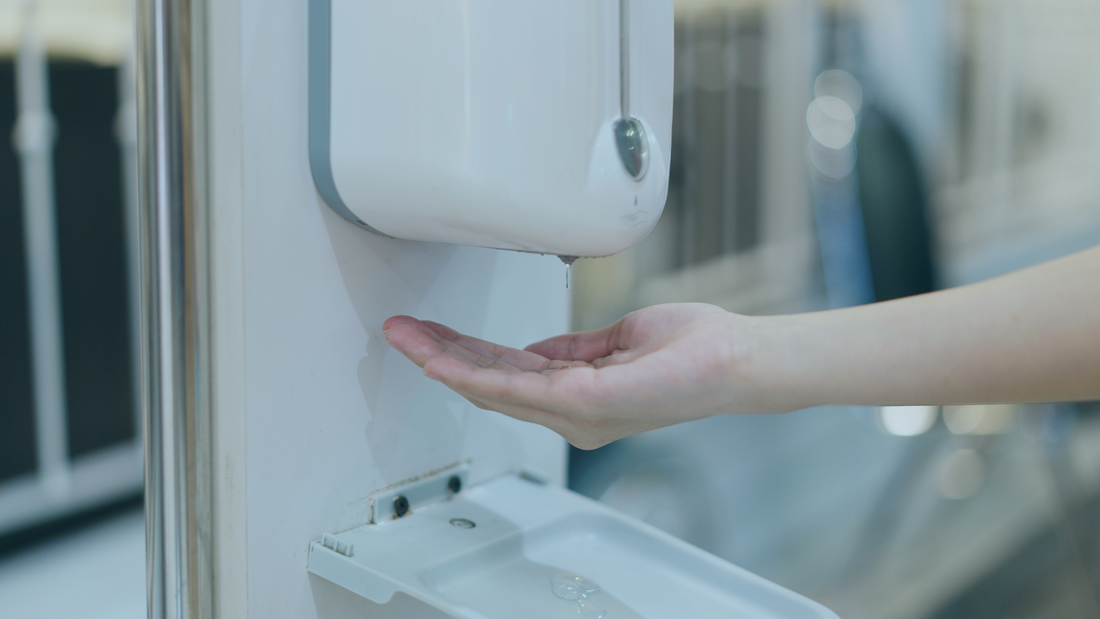Infection control is a critical aspect of public health, particularly in the face of emerging infectious diseases and antimicrobial resistance. While healthcare facilities have long implemented rigorous sanitization protocols, the importance of infection control extends beyond clinical settings to everyday life. Adopting holistic approaches to infection control involves integrating sanitization practices into various aspects of daily routines, from personal hygiene to environmental cleanliness. Let's explore some strategies for incorporating these practices into everyday life.
Personal Hygiene Practices
Personal hygiene plays a crucial role in preventing the spread of infectious diseases. Simple habits such as regular handwashing with soap and water can significantly reduce the risk of transmitting pathogens. Additionally, practicing good respiratory hygiene, such as covering coughs and sneezes with a tissue or elbow, helps prevent the spread of respiratory infections like influenza and COVID-19.
Incorporating hand sanitizer into daily routines can also enhance personal hygiene, especially when handwashing facilities are not readily available. Alcohol-based hand sanitizers with at least 60% alcohol content are effective at killing germs on hands and should be used when soap and water are not accessible.
Environmental Sanitization Practices
In addition to personal hygiene, maintaining clean and sanitary environments is essential for infection control. Regular cleaning and disinfection of frequently touched surfaces, such as doorknobs, light switches, and countertops, help prevent the transmission of pathogens within households and communal spaces.
Choosing the right disinfectant for the job is crucial, as different products vary in their efficacy against specific pathogens. Look for disinfectants that are registered with regulatory agencies and follow manufacturer instructions for proper use and contact times.
Healthy Lifestyle Habits
Adopting a healthy lifestyle can also bolster the body's immune system and reduce the risk of infection. Eating a balanced diet rich in fruits, vegetables, and lean proteins provides essential nutrients that support immune function. Regular exercise, adequate sleep, and stress management techniques also contribute to overall health and well-being.
Moreover, avoiding risky behaviors such as smoking and excessive alcohol consumption can help maintain a robust immune system and reduce susceptibility to infections.
Education and Awareness
Educating oneself and others about the importance of infection control is key to promoting healthy behaviors and preventing the spread of disease. Stay informed about current public health recommendations and guidelines, and share this information with friends, family, and community members.
Encourage open communication about infection control practices in various settings, whether it's at home, school, or work. By fostering a culture of awareness and accountability, individuals can collectively contribute to reducing the burden of infectious diseases in their communities.
Summary
Adopting holistic approaches to infection control involves integrating sanitization practices into everyday life. From personal hygiene habits to environmental cleanliness and healthy lifestyle choices, there are numerous ways individuals can contribute to preventing the spread of infectious diseases. By prioritizing infection control in all aspects of daily routines, we can create safer and healthier environments for ourselves and others.




